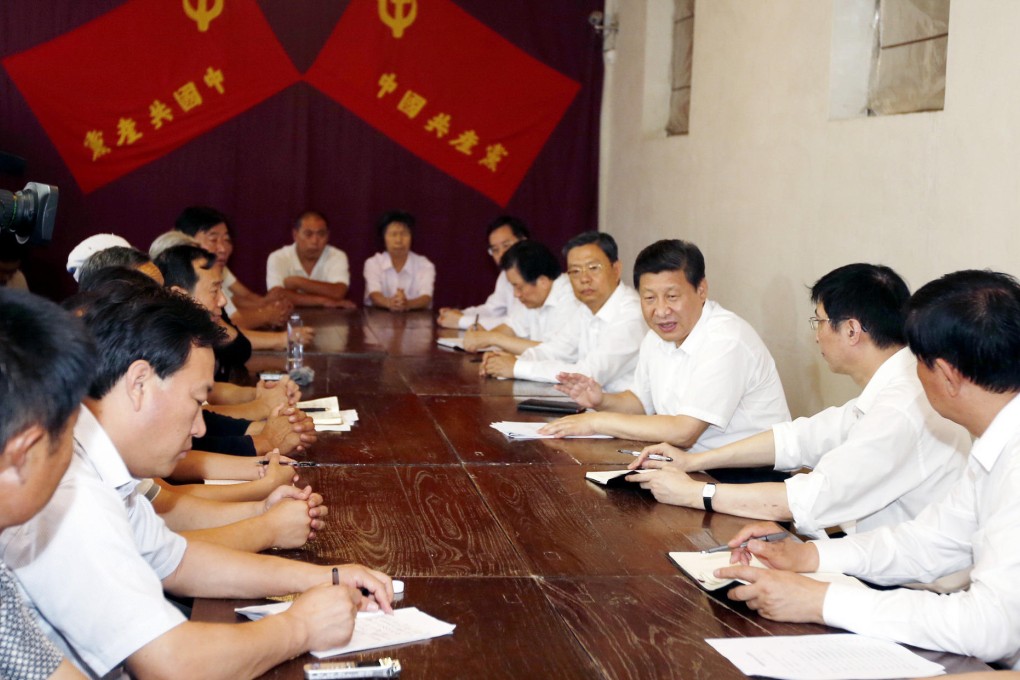Xi Jinping goes back to the future to strengthen party control
Mao-style ideological campaigns and efforts to crack down on dissident run risk of backfiring

From his "Chinese dream" to his "mass line rectification" and his recent call to "win the ideological war", President and Communist Party chief Xi Jinping is fighting to consolidate his grip on power at a time when the country has never been more divided over its direction.
Analysts warn that Xi's latest campaign to rein in the country's unruly internet, curtail press freedoms and crack down on dissent will backfire in the longer term even if he achieves his short-term goal of placating all sides in the tense debate over the country's policy direction.
Last year, in the lead-up to the once-in-a-decade transition of power, Xi gave liberals some hope that he would continue the reformist path of his predecessors. But, shortly after taking office in November, Xi appeared to take a turn to the left.
First, he launched his nationalistic campaign to promote "the Chinese dream", a derivative of the American dream, which would result from a "Chinese renaissance". In June, he dusted off Mao Zedong's "mass line" leadership method to bring the party closer to the people.
Then, on August 19, Xi gave his most overtly leftist speech so far. He called for the revival of the "ideological purification" campaign initiated by paramount leader Deng Xiaoping in the early 1980s that pledged to uphold the "four cardinal principles". Those are upholding the socialist path, the people's democratic dictatorship, the party leadership and Marxism-Leninism and "Mao Zedong thought".
The exact purpose of Xi's proclamations, and what effect they will have on his leadership, is itself a topic of debate and interpretation among analysts. Some say he is simply showing his true colours while others think he is playing a delicate and potentially dangerous balancing act.
